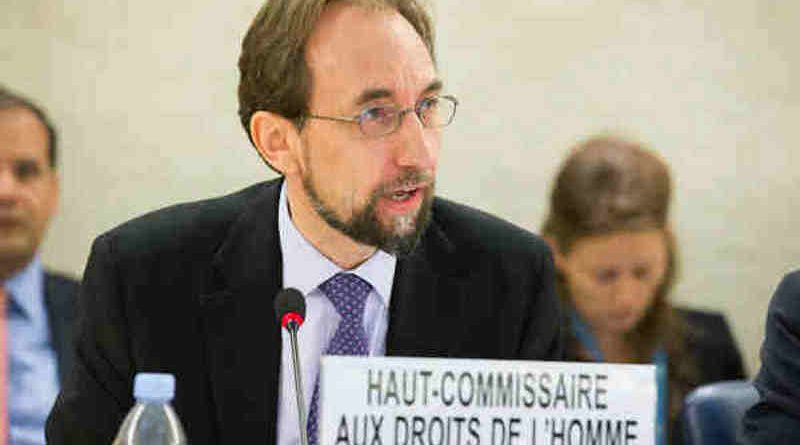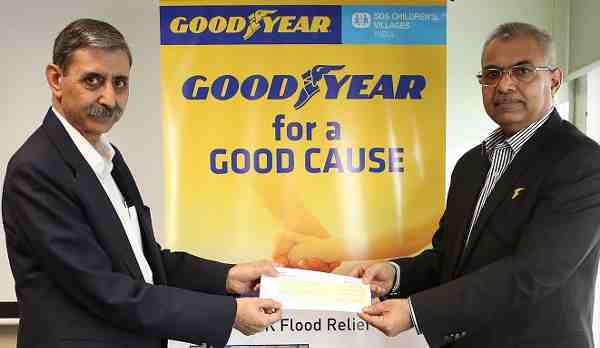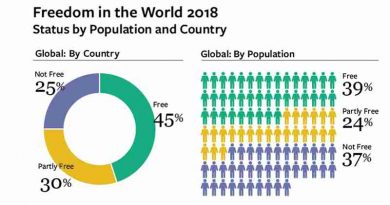UN Office Stands by Its Report on Human Rights Violations in Kashmir

The UN Human Rights Office has deplored Indian government’s reaction to the first-ever UN human rights report on Kashmir that was released last month.
In a statement issued Tuesday in Geneva, a spokesperson for the UN High Commissioner for Human Rights refuted the accusations leveled by numerous Indian media outlets against the Kashmir report.
According to the spokesperson Rupert Colville, the UN Kashmir report has been wrongly dubbed by the Indian media as “Nefarious conspiracy”, “Pakistan-authored report”, “fallacious”, “mala fide”, and so on.
The new report by the UN Human Rights Office suggests there is an urgent need to address past and ongoing human rights violations and abuses and deliver justice for all people in Kashmir, who for seven decades have suffered a conflict that has claimed or ruined numerous lives.
“It is essential the Indian authorities take immediate and effective steps to avoid a repetition of the numerous examples of excessive use of force by security forces in Kashmir,” said the UN High Commissioner for Human Rights Zeid Ra’ad Al Hussein.
Zeid also has urged to establish a commission of inquiry to conduct a comprehensive independent international investigation into allegations of human rights violations in Kashmir.
The report was developed through remote monitoring, after the Indian and Pakistani authorities failed to grant the UN office unconditional access to the region.
“Since the report was published, we have been deeply disappointed by the reaction of the Indian authorities, who dismissed the report as “fallacious, tendentious and motivated” without examining it and responding to the very serious concerns about the human rights situation in Indian-administered Kashmir and Pakistan-administered Kashmir as laid out in the report,” the spokesperson said.
Related Articles
[ UN Human Rights Chief Demands Access to Kashmir. Petition to NHRC ]
[ British Parliamentary Group to Release Report on Human Rights Violations in Kashmir ]
[ Kashmir Conflict: Arun Jaitley Says Rahul Gandhi Supports Subversive Elements ]
[ Congress Leader Says People of Kashmir Want Freedom ]
[ NHRC Dismisses Petition on Human Rights in Kashmir ]
[ Is BJP Getting Ready to Form Government in Kashmir? ]
In recent days, according to the UN office, a surprising number of Indian media organizations have seized unquestioningly upon a claim by someone reported to be a Canada-based imam of Pakistani descent, named Zafar Bangash, that the High Commissioner was in constant contact with him, with the inference being that Mr Bangash influenced the content of the report. “This is totally untrue,” the spokesperson said.
It was clarified that the High Commissioner has never spoken with Mr Bangash, and his office is not aware of receiving any information from him, let alone using it, although it is possible he sent an email or letter and received a polite acknowledgment, as is the case with thousands of letters and emails sent to the Office of the High Commissioner for Human Rights (OHCHR).
#Kashmir report: Our goal is to assist the States to identify and address #HumanRights challenges and to give a voice to all the people in Kashmir who have been rendered voiceless amid the deep political polarization. Read: https://t.co/Mj9DX8EfA4 pic.twitter.com/EQlixtzuGY
— UN Human Rights (@UNHumanRights) July 17, 2018
In the face of this and numerous other misrepresentations of the report, we would like to set the facts straight, said OHCHR.
The report contains 388 footnotes that detail all the sources that were used. These include official sources such as the Lok Sabha and Rajya Sabha – India’s parliament – as well as the Supreme Court of India, the Ministry of External Affairs, the Jammu and Kashmir Legislative Assembly, the Jammu and Kashmir State Human Rights Commission, the Union Ministry of Defence, the Chief of Army Staff and even a former Vice President.
“Accusations that we used unverified information are thus rather puzzling. The report also draws on reliable information from reputable civil society organizations and the Press Trust of India, and these are all clearly cited in the footnotes,” OHCHR stated.
“Some Indian media outlets have even gone so far as to claim that a photograph of the High Commissioner with three individuals from Pakistan-Administered Kashmir taken outside the Human Rights Council room in Geneva is – I quote — “clear proof of the ISI’s [Pakistan’s intelligence agency] involvement,” the spokesperson said.
“The unsupported conclusion that this photo indicates complicity is tendentious and – along with other such wild claims — appears designed to discredit the report while avoiding any real examination of, and reflection on, its contents. Individuals often ask to be photographed with the High Commissioner, and he often politely obliges.”
“We are disturbed by the sustained attempts to distract and divert the focus away from the human rights violations on both sides of the Line of Control,” the spokesperson added.
The UN Human Rights Office says it has a global mandate and works independently, with a well-established methodology, in its public reporting.
“Ultimately, our goal in drafting this report was to assist the States and others to identify and address human rights challenges and to give a voice to all Kashmiris who have been rendered voiceless amid the deep political polarization,” the UN Office said.
“This is not about politics. It is about the human rights of millions of people in Kashmir. And we will continue to try to engage with Indian and Pakistani authorities on this and other important human rights issues, and press for access to both Indian-administered Kashmir and Pakistan-administered Kashmir,” the UN statement added.




